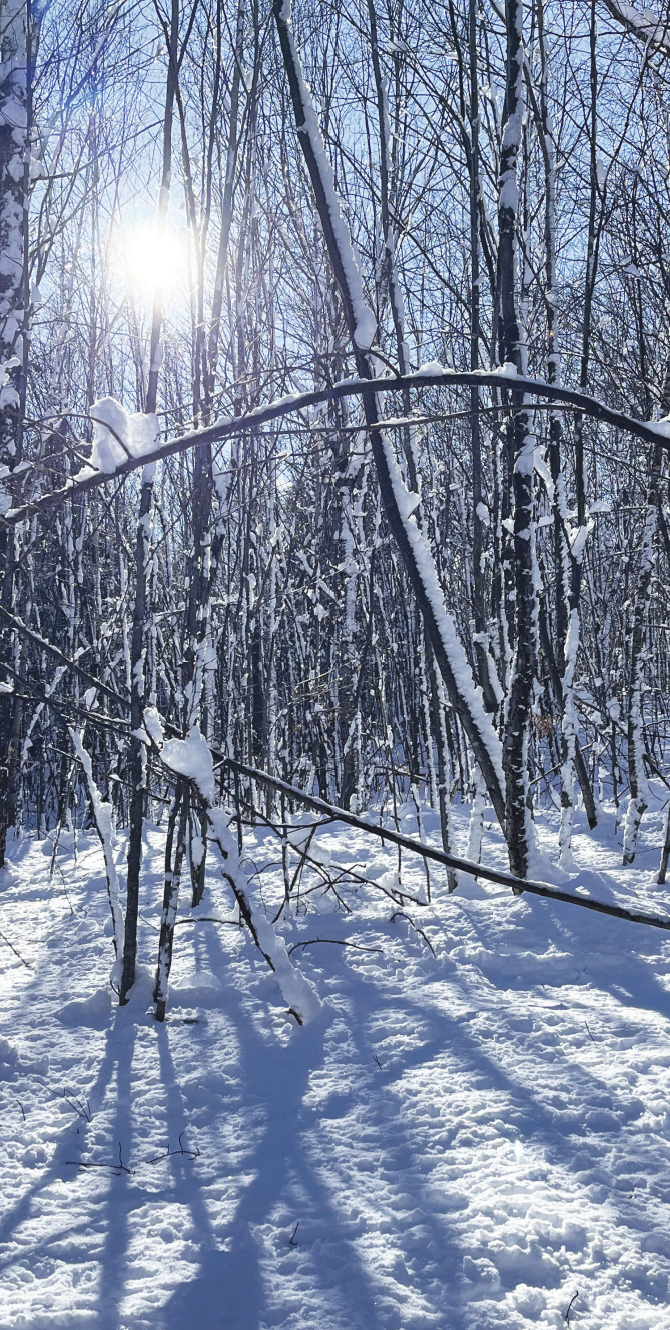Do You Smell the Snow? The Sensory Experience that Makes Snow Magical
When the weather gets colder and familiar white flakes begin to blanket SLU, there’s a certain sense of magic and childlike wonder that radiates throughout campus. Bundling up to build a snowman, make snow angels, or catch flakes on our tongues and indulging in the delight of snow allows college students bridging adulthood to feel like children again. The enchantment of this celebrated precipitation is fleeting and therefore forces people to live in the moment. So how does snow warm our hearts while freezing our fingertips? The unpredictability captivates people, and the fragility of the season keeps people inclined to acknowledge it. But what really keeps people interested in snow isn’t a conscious choice, it’s a sensory reaction. Snow engages all five of your senses. It brightens the days that become dark at 5 p.m., you can taste the icy flakes on your tongue and feel them permeate through cotton gloves. As Lorelai Gilmore knows, you can smell snow. Truly it’s the humidity from a storm that you can smell, but it’s known widely as the scent of snow. But the most valuable factor of snow is the sound of silence. The serenity that this white blanket of comfort brings is real: a fresh sheet of snow can absorb up to 60 percent of all noise, creating a placid, tranquil environment for all. Even if there is a scientific explanation, I still believe it’s magic in the air that brings people together to celebrate these frozen water droplets, the world’s favorite form of precipitation.



